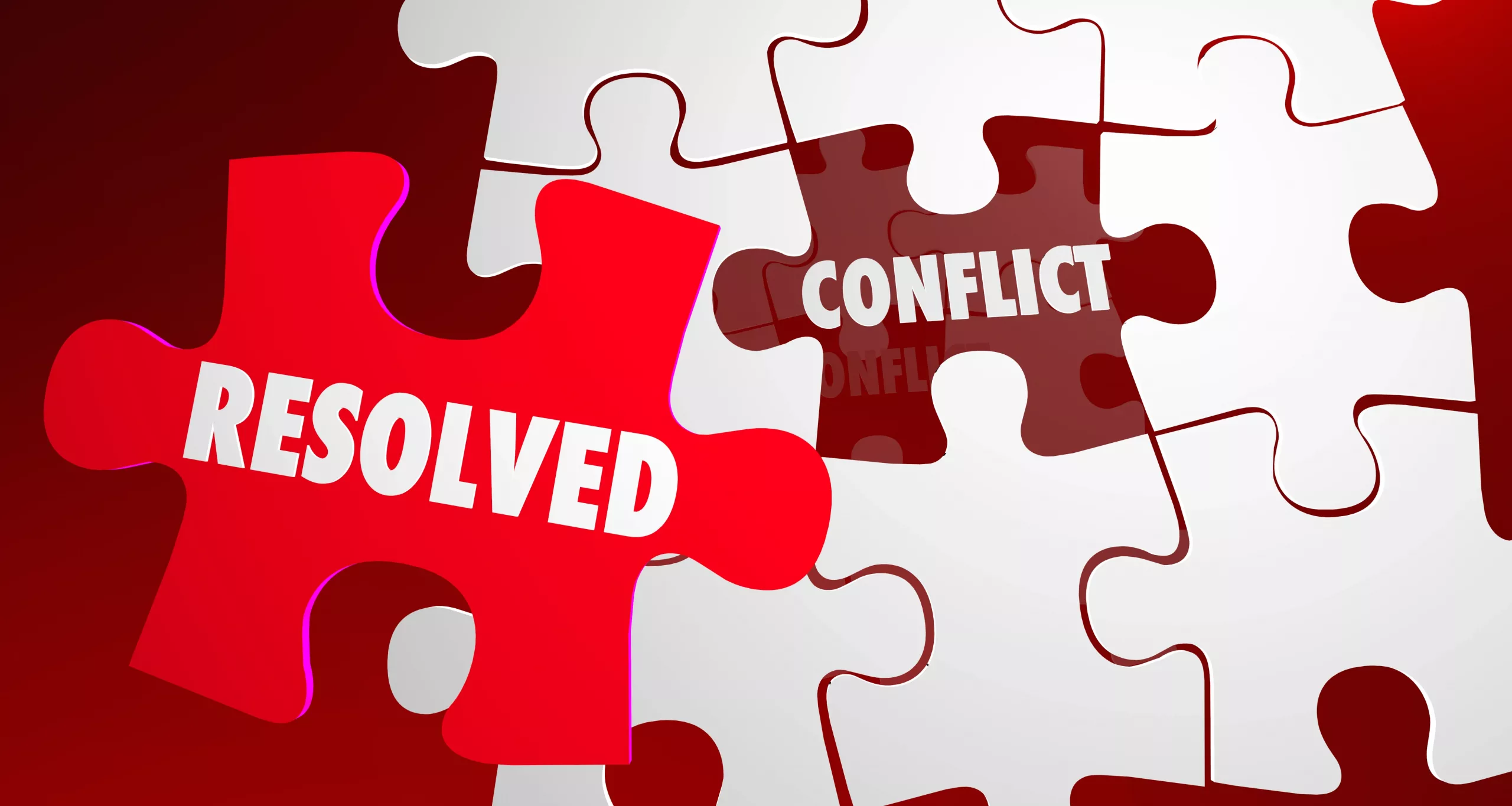Relationships can be tricky!
Dating and marriage relationships are definitely complicated! Expectations, communication, mixed feelings, intimacy, vulnerability, insecurities, life stressors, and so much more all make up a web of factors that rarely fit perfectly in line!
Any human relationship has the potential to become riddled with conflict and drama.
Conflict in relationships is normal. There isn’t a relationship that exists that doesn’t experience conflict on some level. Dr. John Gottman, an expert in marriage and relationships, emphasizes this truth. “It’s a myth that if you solve your problems, you will automatically be happy.”
What Is the Drama Triangle and How Does It Affect Conflict?
One type of conflict sends a conflict into a never-ending vortex and is very difficult to come to a resolution. Dr. Stephen Karpman developed a framework to explain this cycle of conflict, which he calls the Drama Triangle.
The Drama Triangle, reveals how we unconsciously take on roles that fuel conflict rather than resolve it. By understanding this dynamic, you can break free from harmful patterns and create healthier, more productive conversations.
The Three Roles in the Drama Triangle (And How to Recognize Them)
The three roles of the drama triangle are:
Victim
Those who see themselves as the Victim feel powerless and wronged. Their mindset revolves around the thought “Poor me.” Common expressions like “I just can’t get a break” highlight this feeling. Victims struggle to find solutions, blaming others and looking for someone to save them.
Persecutor
The Persecutor is often controlling and critical, taking a “They’re wrong, I’m right” stance. Seen as the villain, they blame others and might say things like “It’s all your fault.”
Rescuer
In the role of the Rescuer, a person takes responsibility for solving others’ problems. Their attitude is “Poor you. Let me help you.” While trying to help, Rescuers may neglect their needs and feel guilty if they don’t intervene.
| Role | Mindset | Behavior | Example in Conflict |
|---|---|---|---|
| Victim | “Poor me” | Feels powerless, blames others | “They never listen to me, so what’s the point of trying?” |
| Persecutor | “I’m right” | Blames others, critical, controlling | “This is all your fault! You always mess things up!” |
| Rescuer | “Let me fix this” | Tries to save others, neglects self | “I’ll handle this for you. You don’t have to worry.” |
In conflicts, these roles often shift, creating a cycle that doesn’t solve anything. People might move from being a Victim to a Rescuer or even a Persecutor, focusing more on their roles than resolutions.
Breaking the Cycle: How to Resolve Conflict More Effectively
The Drama Triangle isn’t limited to personal relationships—it can also appear in family systems, workplaces, and any scenario involving people. Awareness of your part in this cycle is the first step toward better interactions. When you notice these patterns, you have the power to change them by stepping out of unhealthy roles and encouraging openness.
Let’s look at some key points to consider in breaking free from these roles:
- Awareness: Recognizing your role in the triangle is crucial. Self-awareness allows you to shift your behavior and focus on resolving the issue.
- Communication: Practice assertiveness to express your thoughts clearly. Avoid blaming others, and focus on sharing your perspective.
- Solutions: Aim for constructive conversations that lead to problem-solving instead of maintaining the status quo.
Imagine a conflict where you feel trapped in these roles. Breaking free requires you to stop playing your part and shift your focus to productive outcomes. Think of this like swimming out of a strong current. Instead of getting caught up in the cycle, steer towards finding solutions.
Understanding that conflict is natural can reduce shame and boost your self-esteem. It’s vital to accept that disagreement is part of any relationship. Your goal should be not to blame or rescue but to collaborate on resolving issues. You don’t have to face conflicts alone—sometimes, professional support from a therapist can help guide you.
At Redeemed Life Counseling, we help individuals and couples develop healthier communication patterns and break free from negative cycles. Call us today to start resolving conflicts in a way that brings peace and understanding.
📞 Phone: 940-222-8552
📧 Email: [email protected]
This understanding empowers you to move beyond the triangle, enhancing productivity and enriching your personal and professional life. By stepping out of these roles, you gain more control over your life and can foster fulfilling relationships.
Teen Social Anxiety

